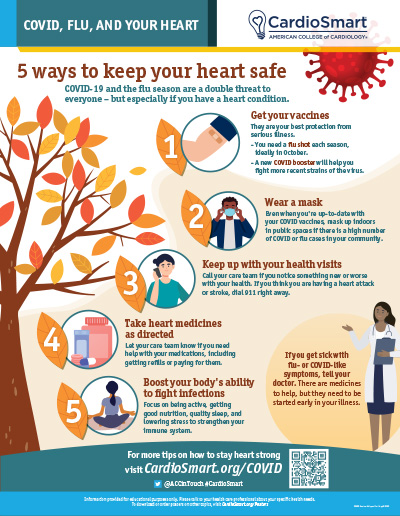Covishield Vaccine Cause Heart Attack? – 24
Covishield Vaccine Cause Heart Attack
The vaccination known as Covishield, which was created by AstraZeneca and the University of Oxford, has played a vital role in the worldwide effort to combat COVID-19. Due to its widely available nature and relatively simple storage requirements, this vaccine—which is marketed under several names globally, including AZD1222, Vaxzevria, and Covishield—has been essential to vaccination programs.
Which adverse effects does the AstraZeneca COVID vaccination cause?
That is a true description of TTS (thrombosis with thrombocytopenia syndrome). It is, in fact, a dangerous ailment linked to the infrequent adverse effects of some COVID-19 vaccinations, such as the one made by AstraZeneca. The thrombotic condition is characterized by the accumulation of thrombi within blood vessels, which can impede blood circulation, cause a heart attack, and result in life-threatening consequences such as pulmonary emboli or strokes.

Conversely, thrombocytopenia denotes a reduction in the quantity of platelets present in the bloodstream. A low platelet count can lead to problems forming clots and an increased risk of bleeding because platelets are essential for blood clotting.
Timely intervention and management are contingent upon TTS. TTS is uncommon, but it is important for people who have had the COVID-19 vaccine, especially those who are at a higher risk of developing the condition, to be aware of possible symptoms.
Follow our Digiknowledge.co.in page for the latest updates about bikes, cars, sports, lifestyle, and many more.
Chest pain, limb swelling, blurred vision, intense or ongoing migraines, and constant stomach pain are some examples of these symptoms.
One should seek medical assistance right away for an evaluation and appropriate management if they encounter these symptoms following a vaccine. Individuals with TTS can achieve far better results with early identification and treatment.
TTS can also be indicated by easy bruising or the development of petechiae, which are microscopic blood spots under the skin. These symptoms, which can appear elsewhere outside the injection site, are suggestive of bleeding tendencies linked to low platelet levels.
TTS has been officially identified by the World Health Organization (WHO) as an uncommon adverse event that occurs after receiving COVID-19 non-replicant viral vector-based vaccinations. This covers vaccinations like the Johnson & Johnson (J&J) Janssen COVID-19 Ad26.COV2-S vaccine and the AstraZeneca COVID-19 ChAdOx1 vaccine.
The development of these vaccinations has been essential in stemming the COVID-19 pandemic; nonetheless, patients and healthcare professionals alike must be cognizant of the possible hazards that come with them, including the possibility of uncommon but potentially fatal adverse effects from TTS.
The safety of vaccine recipients and the direction of ongoing efforts to evaluate vaccine safety depend on alertness and timely reporting of any troubling symptoms that may arise after vaccination.
How did this come to light?
The severity of the claims made by people who say they had side effects from the AstraZeneca COVID-19 vaccination is highlighted by the class action lawsuit filed against the company in the UK. In determining causation and responsibility, the courts must carefully assess the substantial health consequences and permanent brain injury allegations.
Such court cases serve to emphasize the significance of effective procedures for monitoring vaccine safety and open information about any possible risks related to immunization. In order for people to make an informed decision regarding vaccination, they must have access to correct information on the dangers and advantages of vaccines, even if these tools are critical in the fight against infectious diseases.
Awaiting the results of the legal processes and any conclusions that may be made about the purported side effects linked to the AstraZeneca COVID-19 vaccination will be crucial.
How many lawsuits are brought against AstraZeneca for the adverse effects of the Covid vaccine?
According to the report, victims and bereaved families have filed 51 petitions in the High Court, requesting damages estimated to be worth up to £100 million.
Does heart attack increase due to COVID vaccine?
Following COVID-19 vaccinations, cases of myocarditis and pericarditis are uncommon; they are primarily seen in males less than 40 years old following the second dosage. It is true that cases can arise in males or females, at any age, and following any dosage—including a third or fourth dose.
Why is heart attack increasing after COVID?
Even in those with minor cases of COVID, heart issues might still arise following the virus. You can have an increased chance of having a heart attack or heart failure after you heal. Your body’s inflammatory reaction to the COVID-19 infection is typically the cause of this.
What are the symptoms of a COVID heart attack?
Chest discomfort or pressure that doesn’t go away after a few minutes or that quits and then comes back, as well as tightness or a squeezing feeling. Your arms, neck, jaw, back, or stomach may hurt or feel uncomfortable. breathing difficulty. feeling dizzy.


